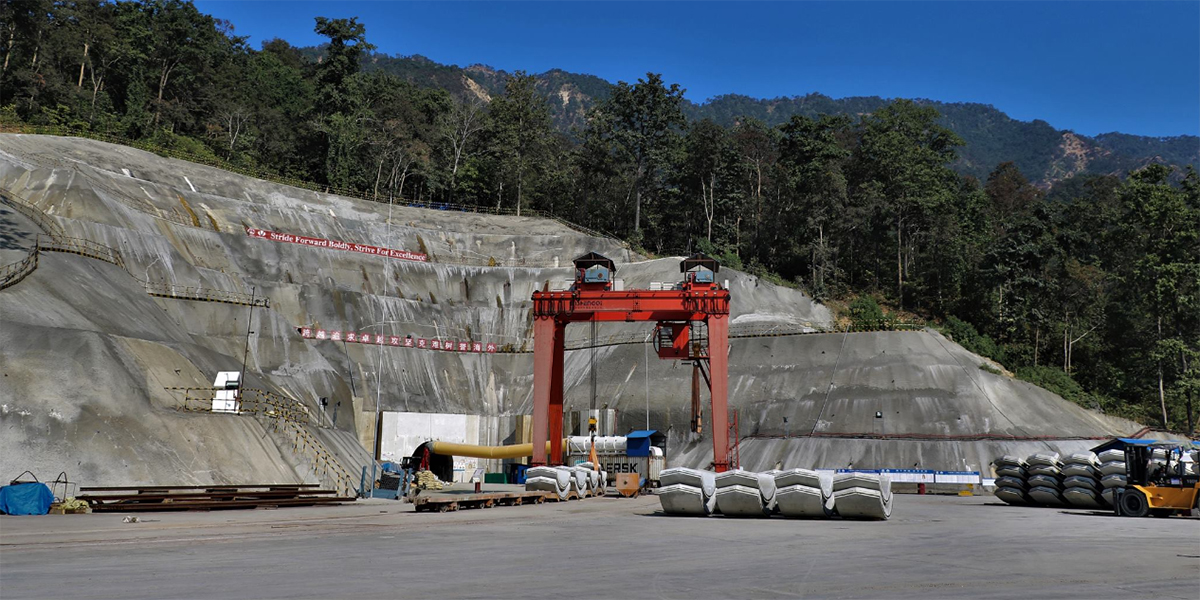 Bheri-Babai Diversion Tunnel
Bheri-Babai Diversion Tunnel
KATHMANDU: The government has initiated several irrigation projects to boost agricultural production, enabling farmers to cultivate three crops in a year and achieve self-sufficiency in agricultural products. Six major irrigation projects – Sikta, Bheri-Babai Diversion, Rani Jamara Kulariya, Babai, Mahakali, and Sunkoshi-Marin Diversion, all designated as ‘national pride’ projects, aim to irrigate a combined 287,586 hectares of land and generate 82.5 MW of hydropower upon completion. However, the physical progress of these projects has been disappointingly slow.
The Rani Jamara Kulariya Project, which also includes a hydropower component aiming to produce 4.7 MW, went into implementation in 2010/11. However, the project has achieved only 70% physical progress to date. The project cost has more than doubled, soaring from the initial Rs 12.37 billion to Rs 27.70 billion.
Sikta Irrigation Project, which started in 2004/05, has seen 73% progress over the past 18 years. The project’s cost has escalated from Rs 12.8 billion to Rs 19 billion. The project is designed to irrigate 42,766 hectares in Banke district.
The Bheri-Babai Diversion Project, which went into implementation in 2011/12, has also made slow work progress. The project has made only 465 work progress over the past 12 years while costs have escalated from Rs 16.43 billion to Rs 36.80 billion. The project aims to irrigate 51,000 hectares in Banke and Bardia districts and generate 46.8 MW of electricity by transferring water from the Bheri River to the Babai River.
Started in 2020/21 with a 2030/31 completion deadline, the Mahakali Irrigation Project has seen its costs rise from Rs 26.77 billion to Rs 35 billion in just three years. The project has achieved 20% physical progress. The project is designed to irrigate 33,520 hectares in Kanchanpur district.
The Babai Irrigation Project, which was initiated in 1988/89, has attained only 71% progress in 35 years. The project’s costs have surged from Rs 2.87 billion to Rs 18.96 billion. The project covers a command area of 25,000 hectares.
Sunkoshi-Marin, which went into implementation in 2016/17, has achieved only 25% progress. With a revised completion deadline of 2028/29, the project – the second river diversion project in the country – has seen costs escalate from Rs 46.19 billion to Rs 54.76 billion. The project aims to irrigate 122,000 hectares in central Tarai districts and generate 31 MW of hydropower by transferring water from the Sunkoshi River to the Marin River.
The government has earmarked Rs 1.67 billion for 31 irrigation projects in the ongoing fiscal year. However, work progress in none of these projects is satisfactory.
Why do projects suffer?
Minister for Energy, Water Resources, and Irrigation, Shakti Bahadur Basnet, recently held a meeting with two secretaries under the ministry, department heads, project chiefs, and representatives of construction companies and expressed dissatisfaction with the sluggish progress in irrigation projects.
According to the ministry officials, project officials Minister Basnet that irrigation projects were suffering due to insufficient financial resources and the weak performance of construction companies. In response, representatives from construction companies shifted blame to delayed payments by implementing agencies and a lack of coordination between ministries.
Instead of collaboratively identifying and resolving the issues affecting the projects, both construction company representatives and project office officials engage in a blame game.
Minister Basnet directed both parties to stop the blame game and focus on identifying hindrances to project implementation to expedite the project. “Rather than consistently presenting the ministry with problems, come forward with preferable solutions. You must take responsibility,” he directed project officials.
Basnet also said that project chiefs should be held accountable if projects are not completed as per the schedule.


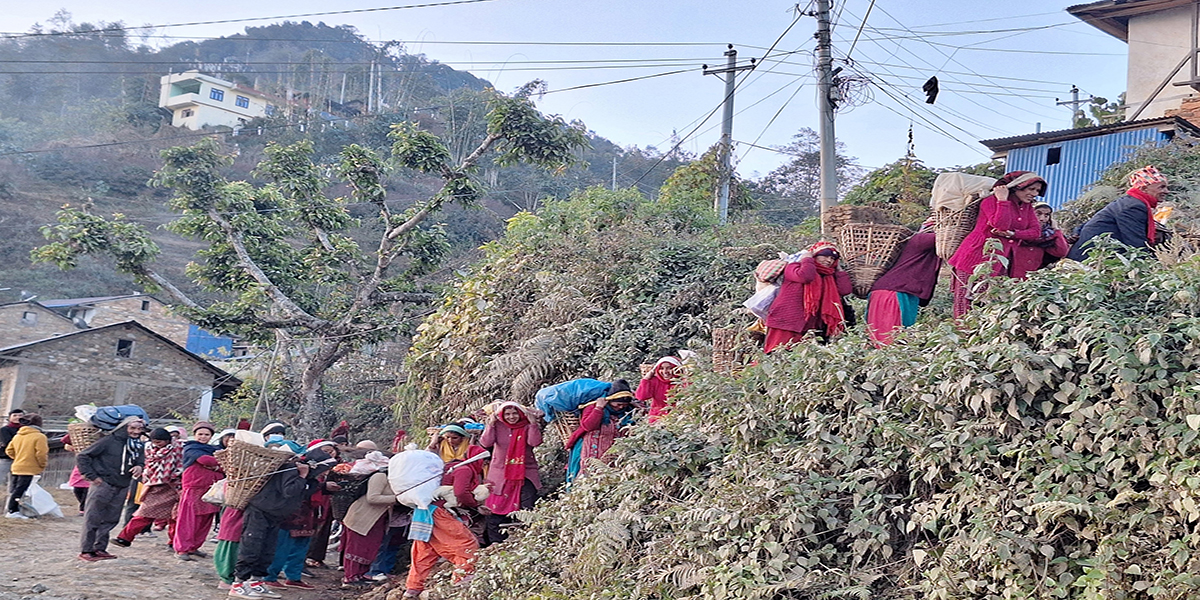
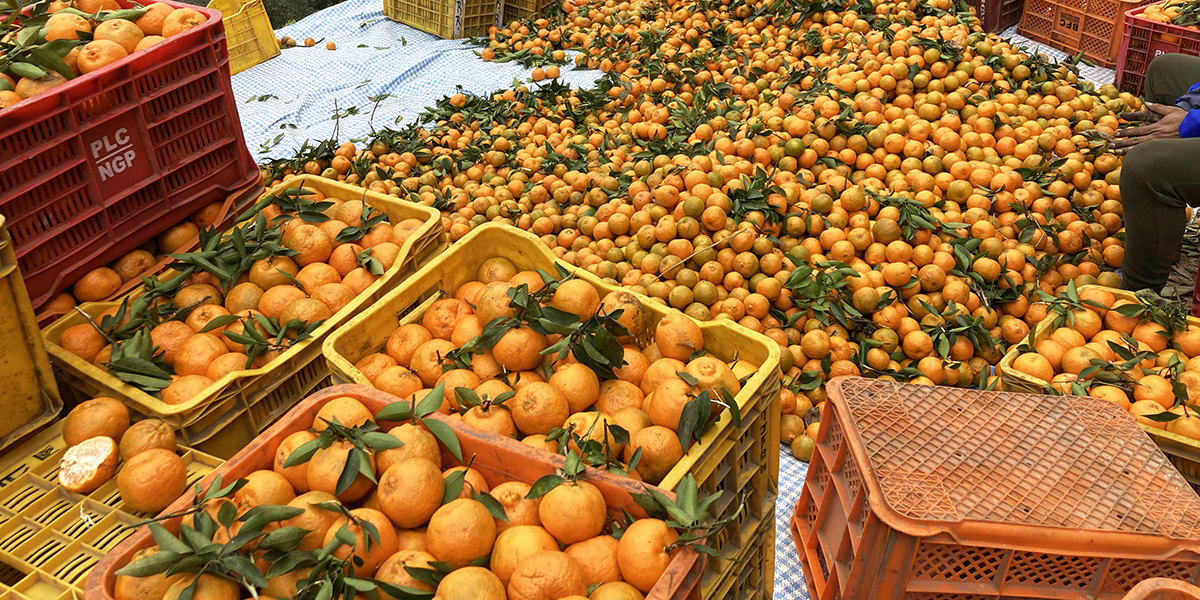
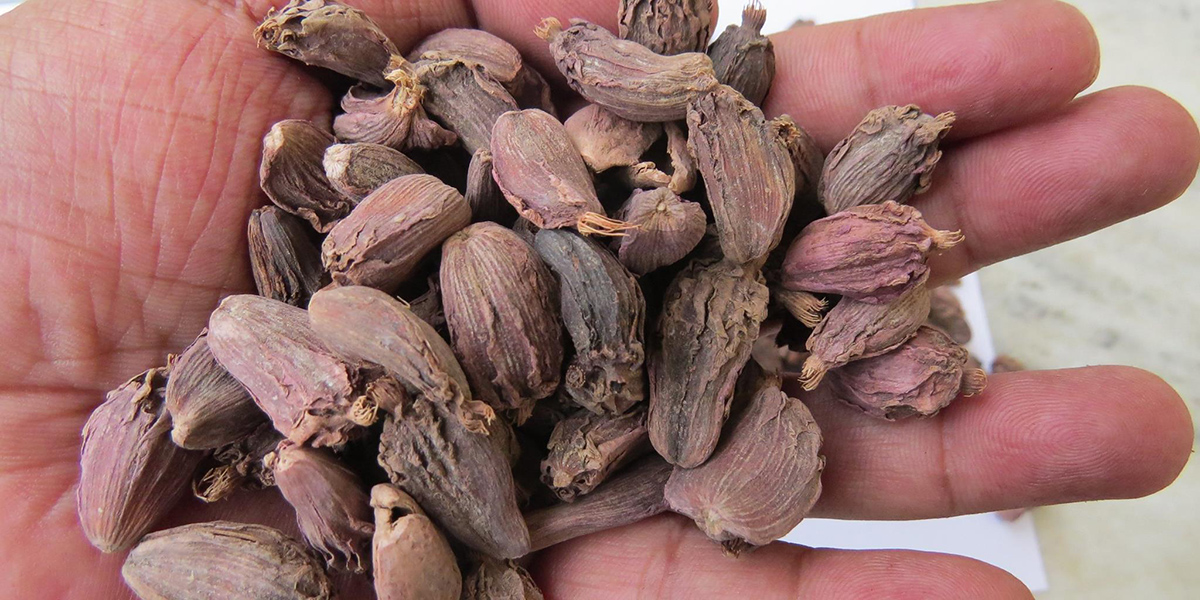
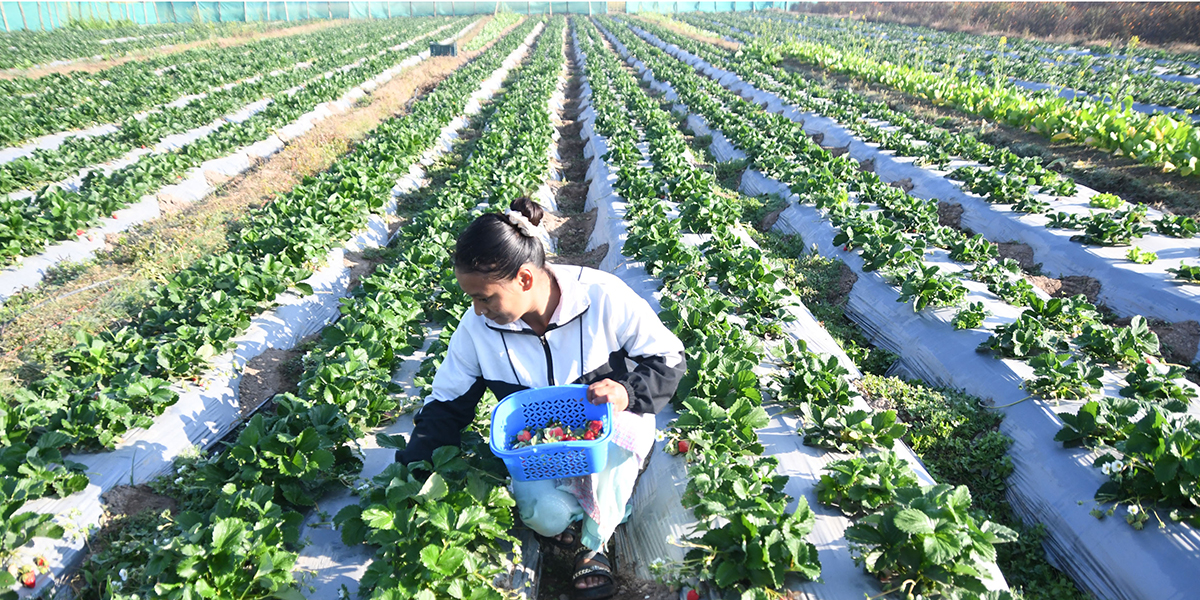
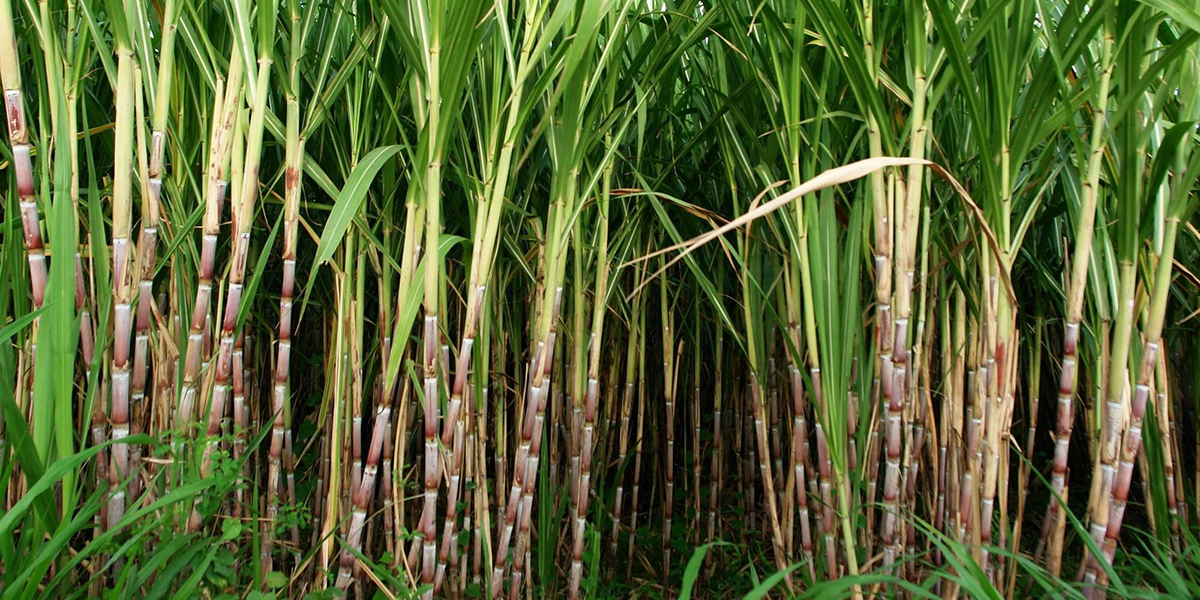
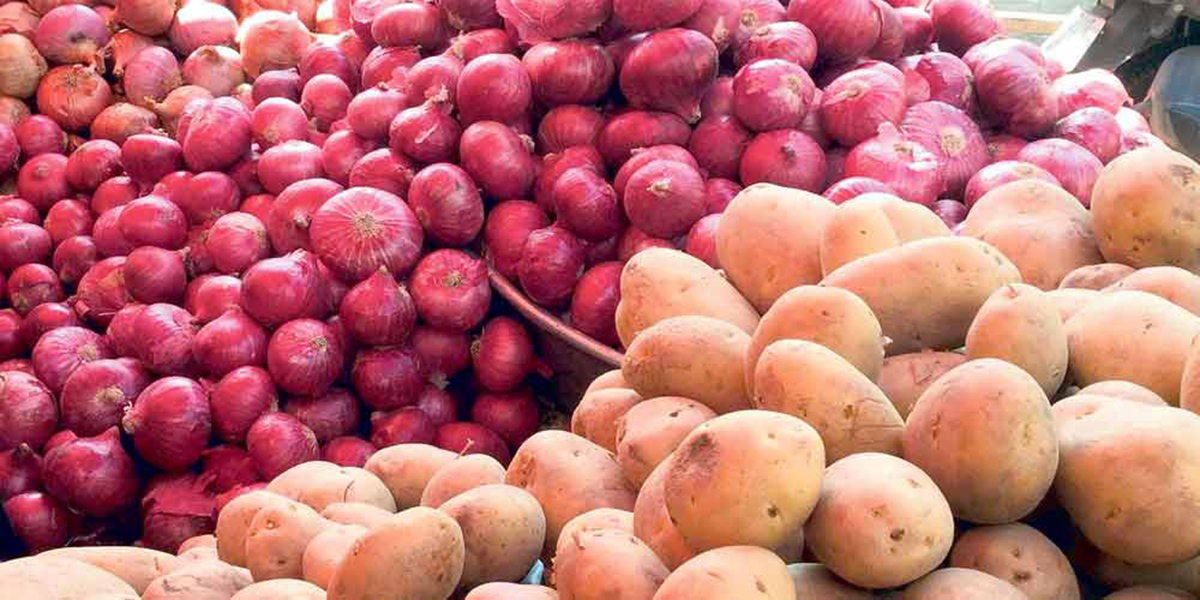

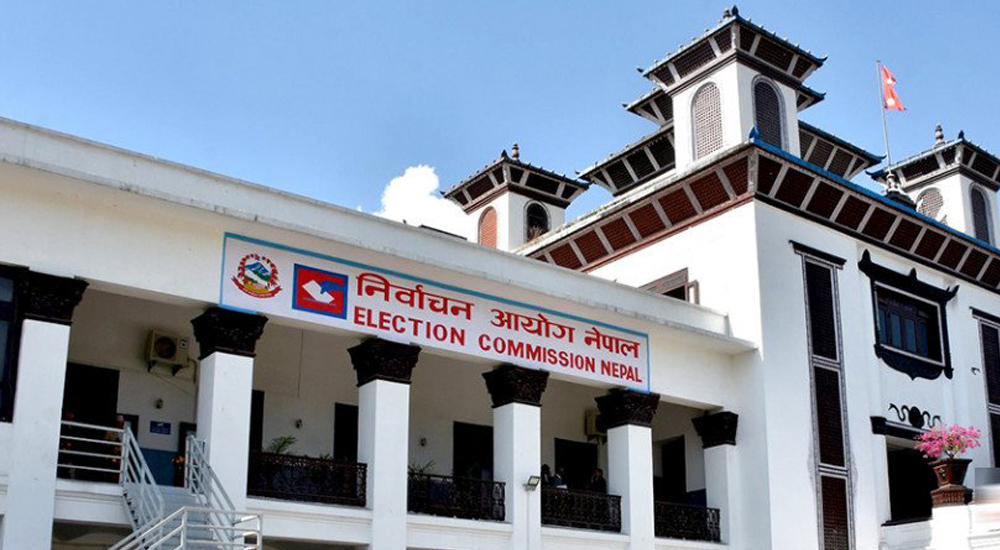
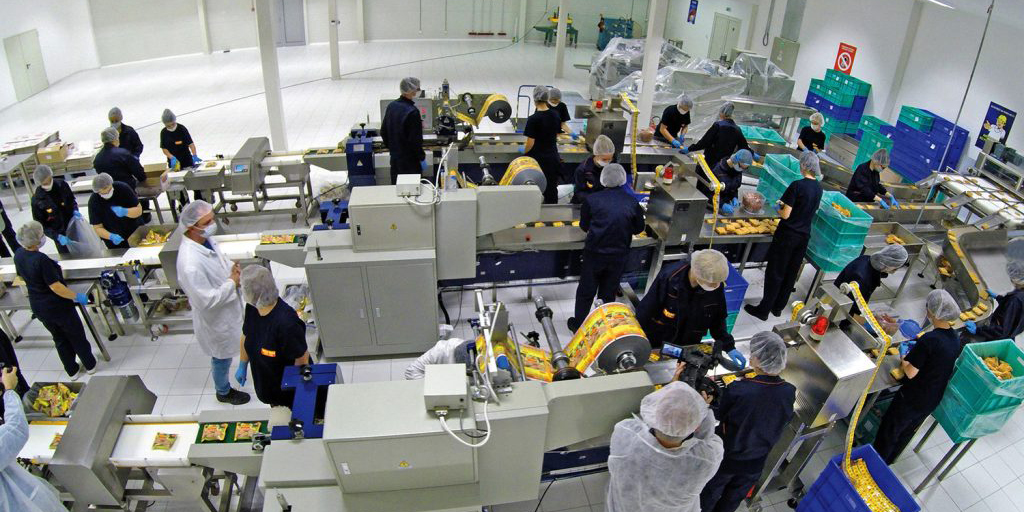

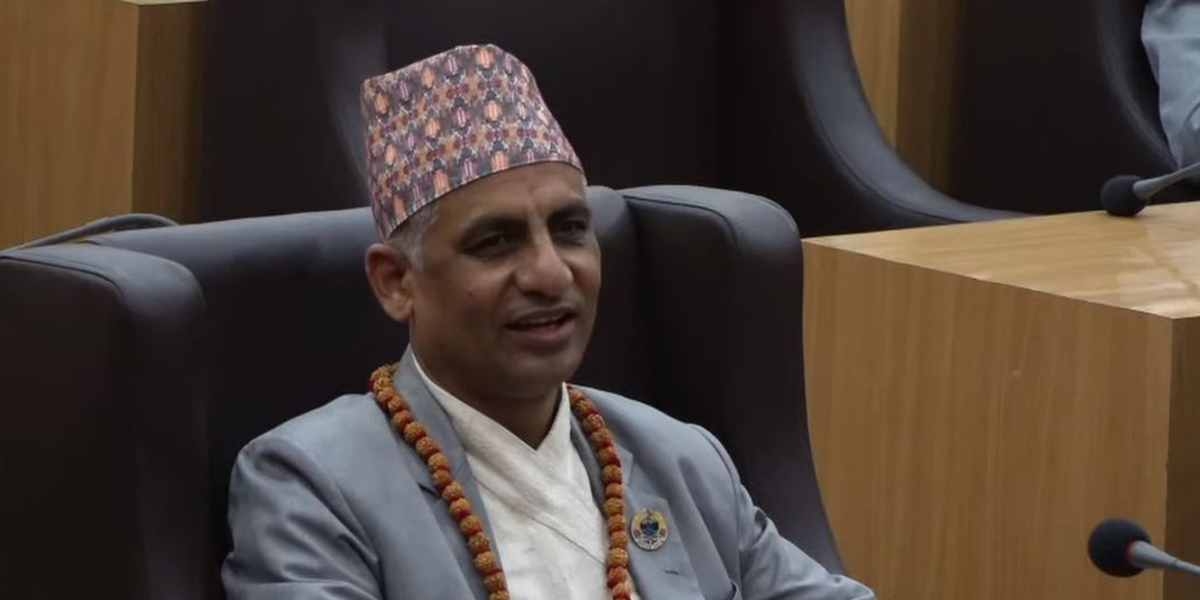
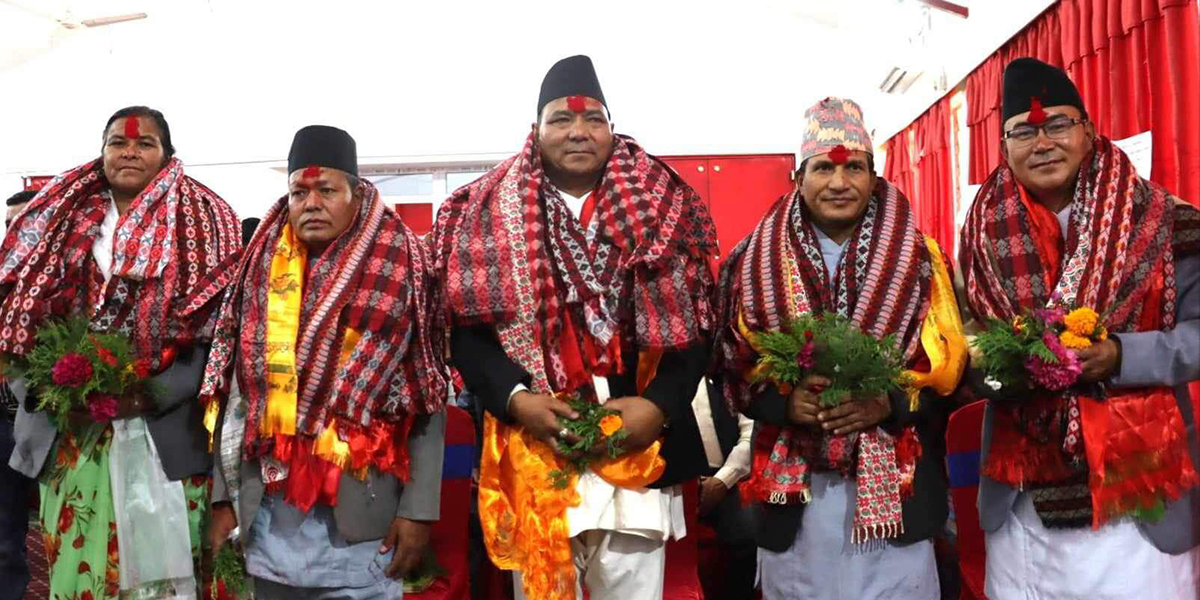
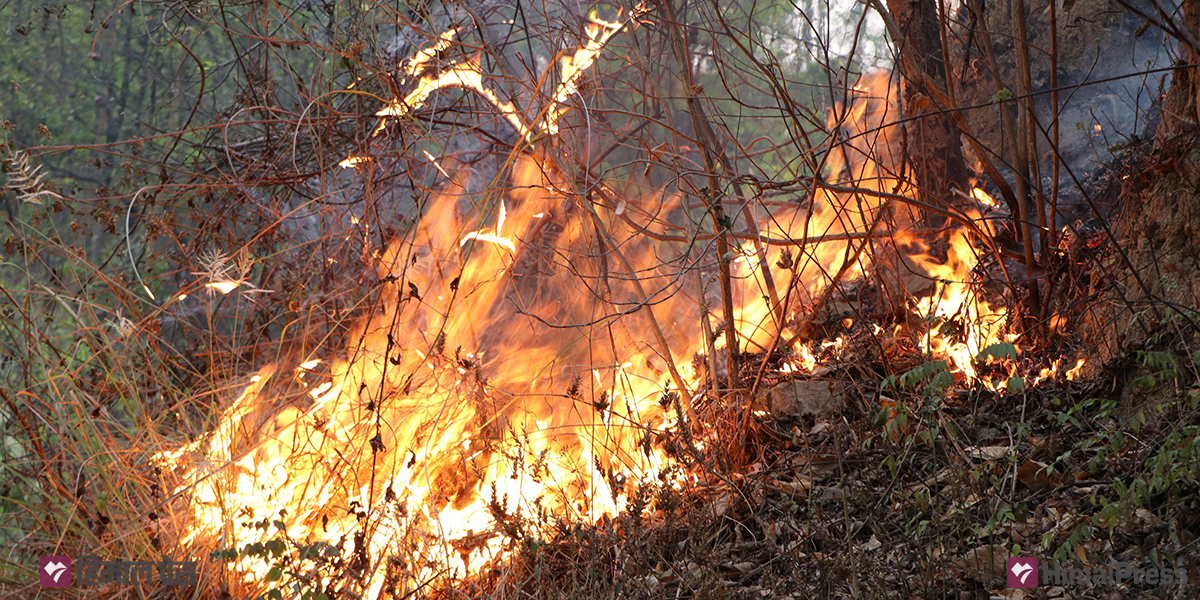
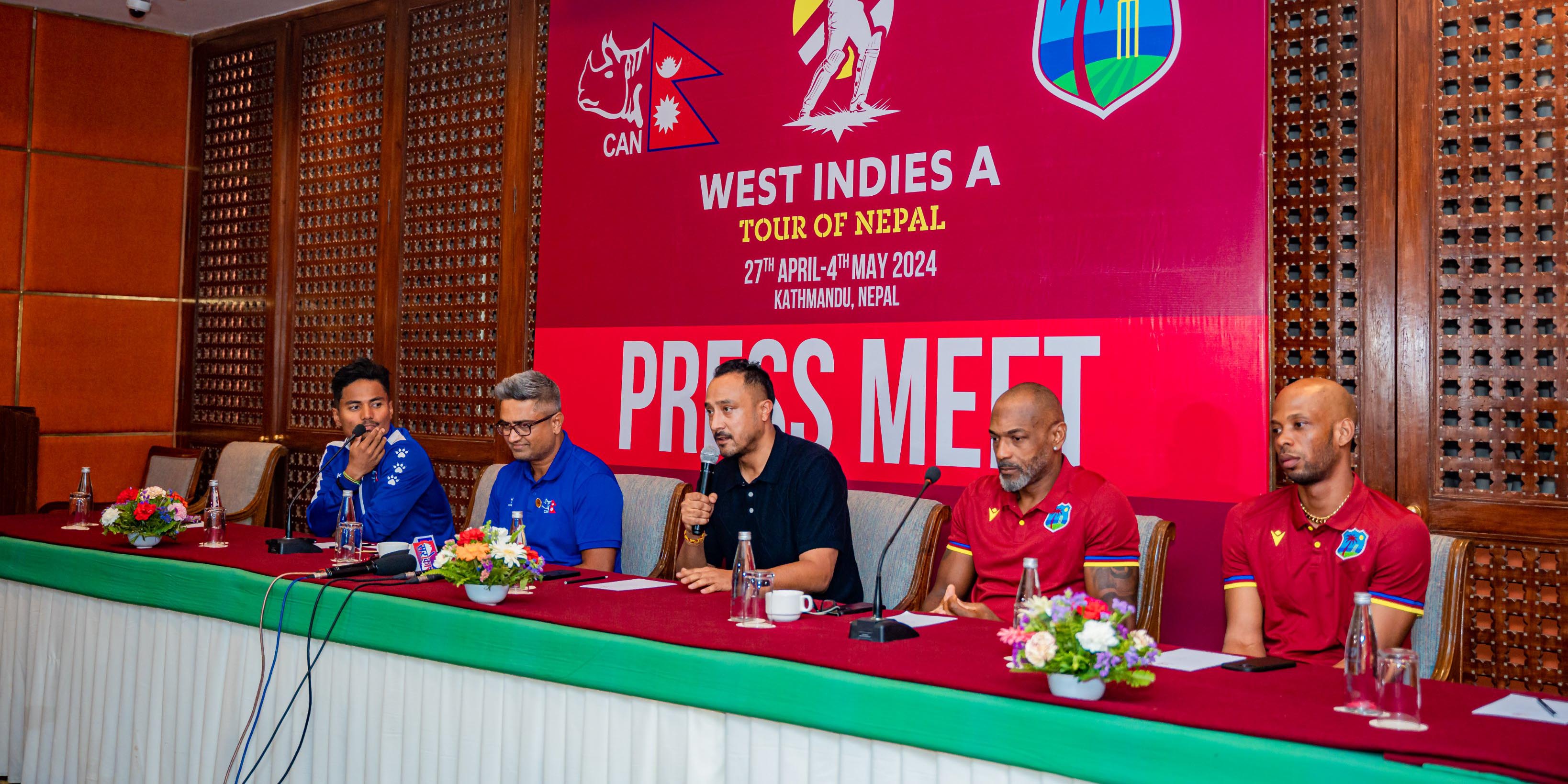
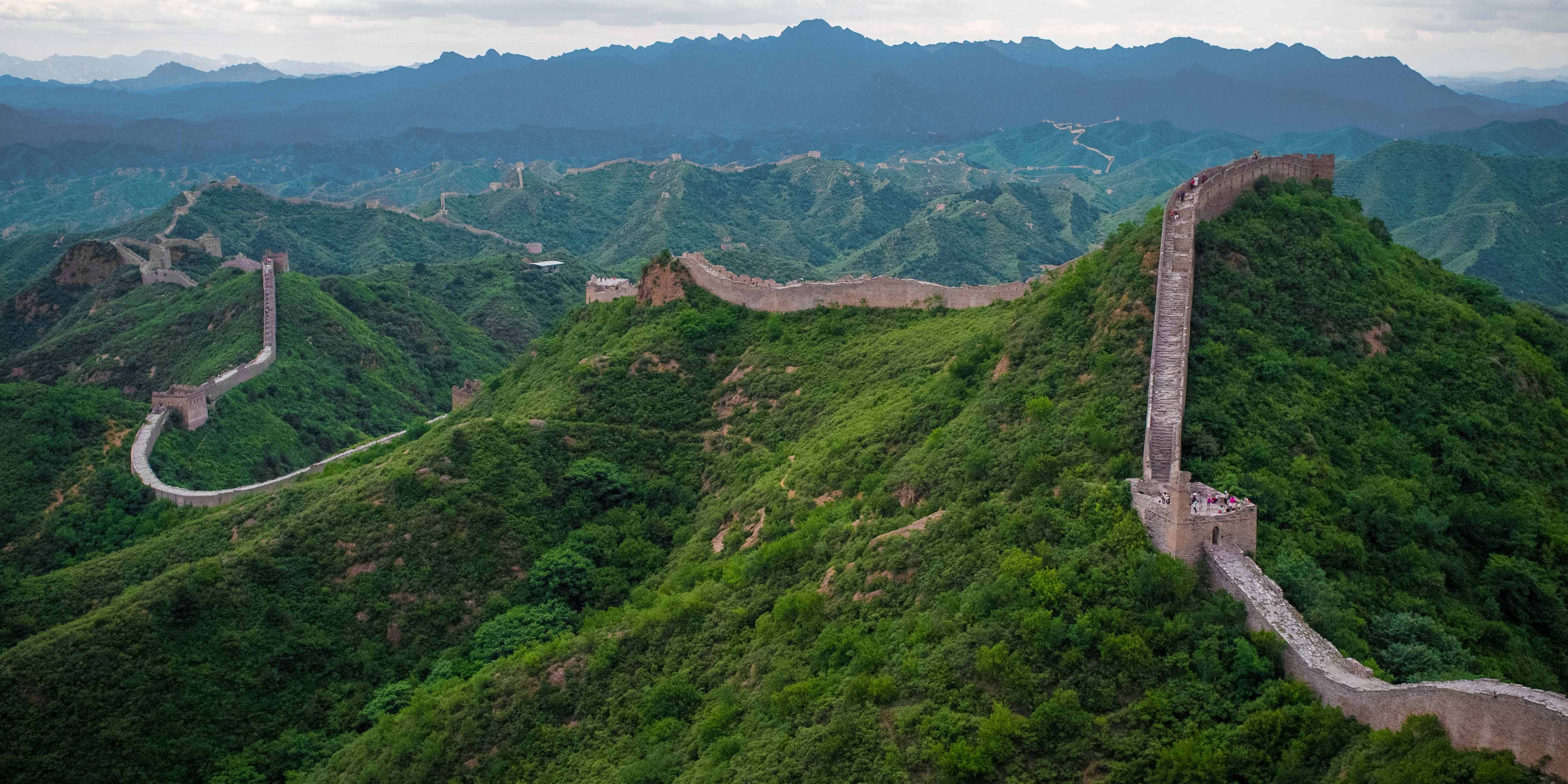
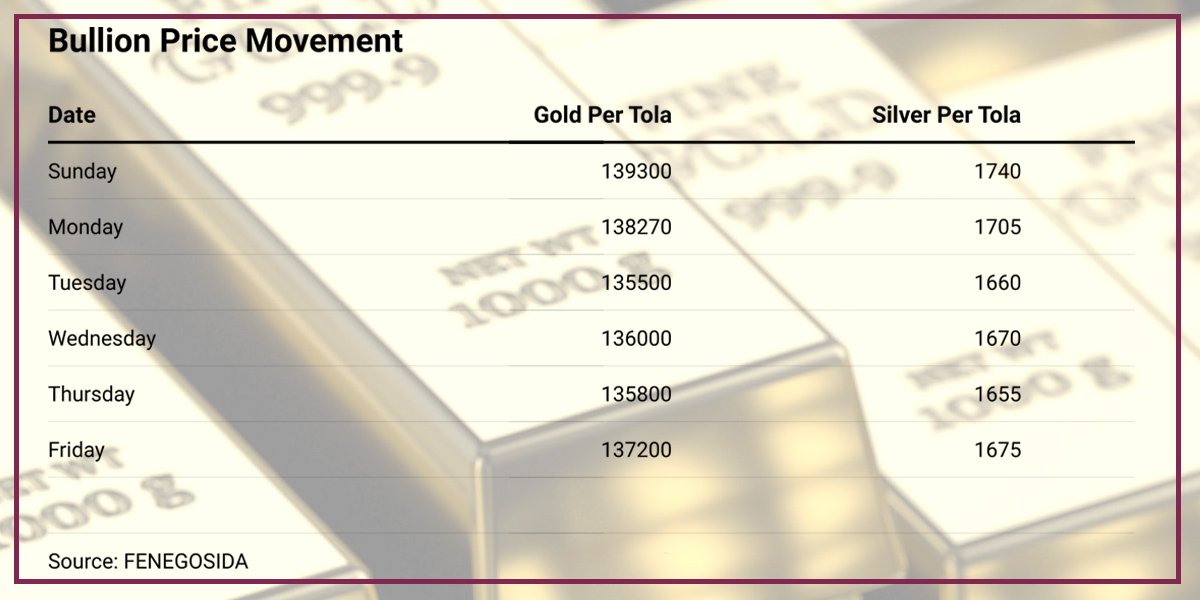
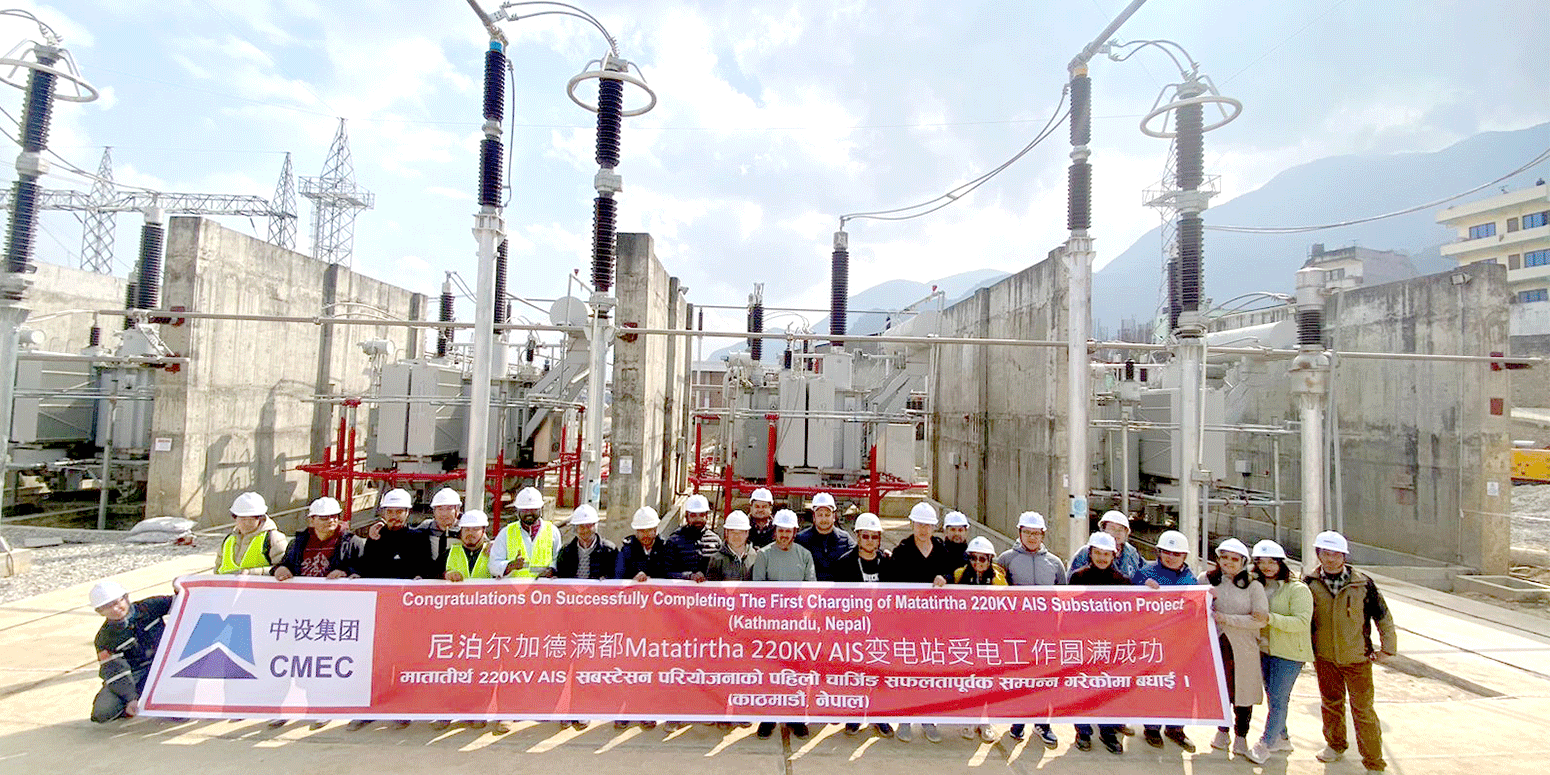

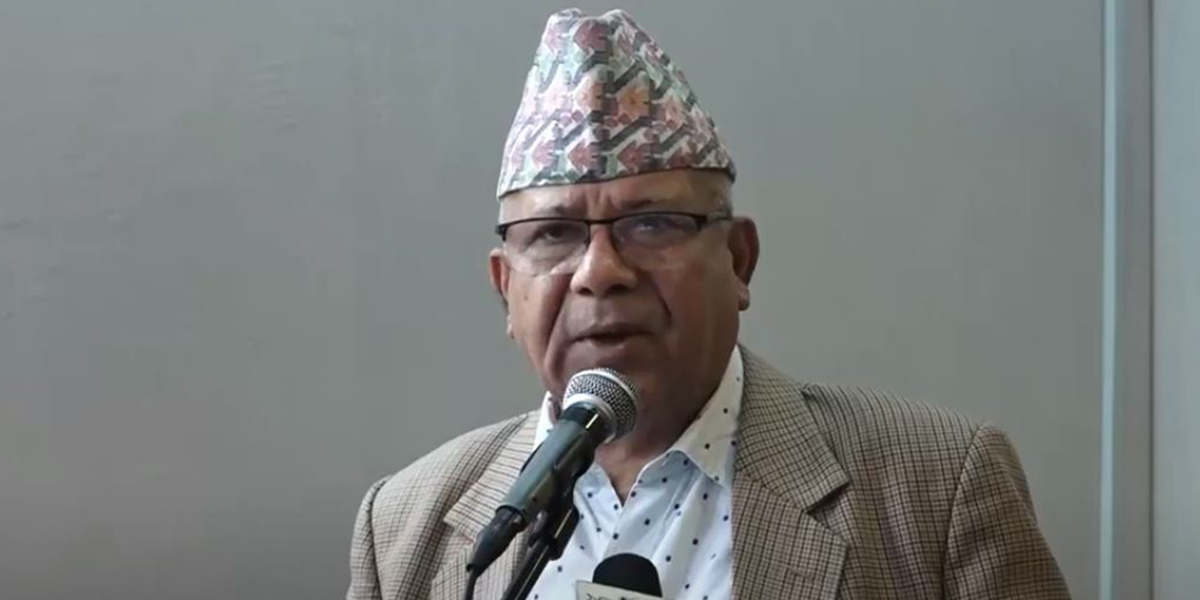
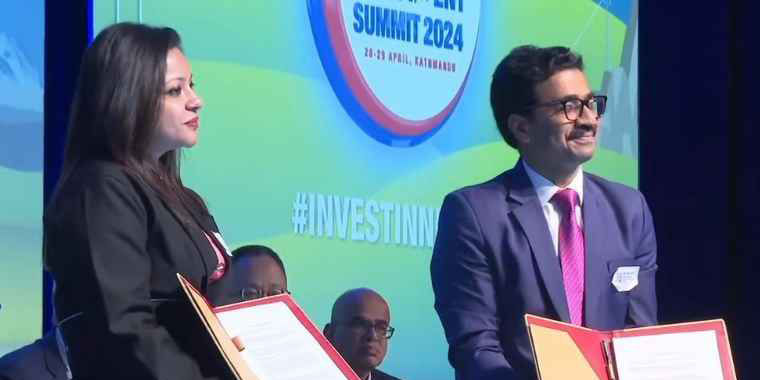
Thank you for this update with full details. 🙏🙏🙏